Basic Knowledge in Agriculture #41
How would life have been without agriculture? Agricultural activities are majorly practiced on lands but there are a whole lot of other activities that are done in water bodies; these bring me to the item of discussion; Aquaculture.
Aquaculture may sound strange to some persons but it is simply the cultivation of plants and rearing of animals in a water environment. This water bodies could be natural or artificial such as ponds, lakes, river, cages, etc. Animals that could be raised in this environment include; cat fish, tilapia, salmon, etc.
In Nigeria, a lot of farmers have gone into fish farming because of it's economic and nutritional value. Fish farming business is now competing with pig and poultry farming as many consumers are now substituting fish for pork and chicken.
Fish farming is not really tasking compared to the rearing of pigs and chicken and it can be done in moveable ponds depending on the type of fish as well as the size and quantity of the fish in the pond.
The demand for fish these days is quite alarming and we now have lots of traders who sells roasted fish along major streets in towns and cities. The price for a palm length fish may go for an amount equivalent to 10- 15 steems.
In as much as fish farming comes to heart more often when aquaculture is been discussed; there are several other aspect of aquaculture which include sea weeds such as algae, oyster, mussels, etc.
The various types of aquaculture include:
Monoculture
Polyculture
Fresh water aquaculture
Mariculture
Integrated multi-trophic aquaculture
Monoculture is the farming of a single aquatic species in a system. This type is quite easy to manage since there's just one breed.
Polycultureis the reverse of monoculture, here the farmer brings in more than one breed but these breed exhibit symbiotic relationship. They are not predators to one another. So the farmer must be well trained on the species that are compatible to avoid predation that would definitely lead to losses. Fresh water aquaculture is used only for aquatic organisms that can survive in fresh water and could actually be carried out using ponds, lakes, man-made tanks, etc.
In mariculture, organisms such as salmon, oysters, sea weeds, prawns and other salt water fish are either reared in an opened or enclosed ocean section or the sea water could be used in a tank to raise these salt water fish, it actually requires high investment and really affected by storms.
There are lots of challenges encountered in aquaculture, some of which are:
Water pollution: The water becomes polluted when there's low amount of oxygen, high ammonia level and other pollutants. Water is an essential resources as fas as aquaculture is concern so farmers must ensure it is always in the right state.
High cost of feed: For aquatic organisms to grow and develop very well they must be properly feed but it becomes challenging when the farmer cannot afford these expensive meal as it would definitely affect the growth and development of the aquatic organisms thereby reducing its profitability as it would not be appealing to buyers.
Outbreak of disease: Disease has the capability of making the farmer to go bankrupt within few hours. Farmers must ensure to do all they need to do to put away disease with and around the breeding space to avoid stories that touches the heart.
Lack of technical knowledge: when an individual go into any agro-business with little or no technical know-how such individual should keep his arms wide in order to embrace losses; farmers should have the required knowledge on how to run the farm before investing time and resources into it to avoid avoidable losses.
Poor quality fingerlings: Getting a poor quality fingerlings will amount to a waste of time and resources. I could remember a poultry farmer who unknowingly purchased a poor chicken breed; she spent so much to feed them but they were not growing well as they should, she ended up selling them at auction prices. Farmers should only go the healthy and fast growing fingerlings
Predation and theft: There are some persons who have made up their mind to reap where they did not sow when the owner is away. There are also other animals that takes delight in the executing other animals for pleasure or for survival. This could be another challenge to the farmer.
Capital: Many small businesses face this challenge and without the capital you cannot venture into any business though some people are of the opinion that capital is not the first thing anyone that wants to go into a business should be concern about , I wonder how true that is.
It is always said that when there's a will, there's a way. Various measures could be put in place to minimize or completely eradicate these challenges.
Farmers should have prior knowledge of any agro-business before venturing into it to avoid losing their hard earn capital. They should always seek for more knowledge that would help them do better on a daily basis. This could be through other farmers that have been in the business before them and are doing well. It could as well be through attending workshops, seminars organized by experts.
Farmers should use protective nets, fence the farm and employ all necessary security measures to prevent predators such as birds, snakes; and thefts from illegally reducing the quantity of their aquatic organisms.
Government should as well provide access to agro-loans and grants for small scale farmers to go into aquaculture to ensure food security.
Research institutes should be supported to produce improved breeds.
I'm inviting @bossj23 @nsijoro and @basil020 to participate in this contest.
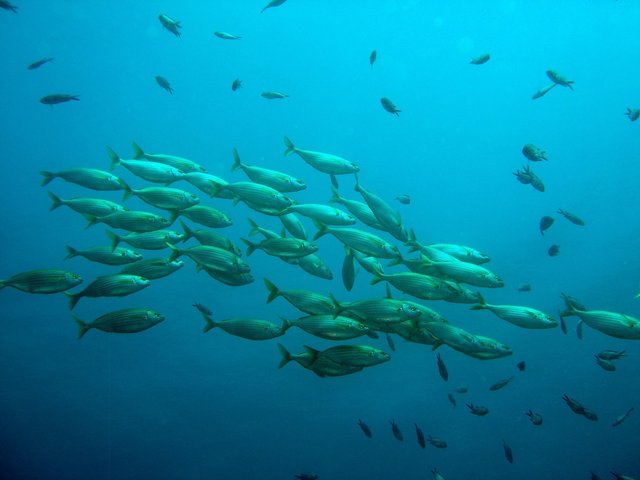
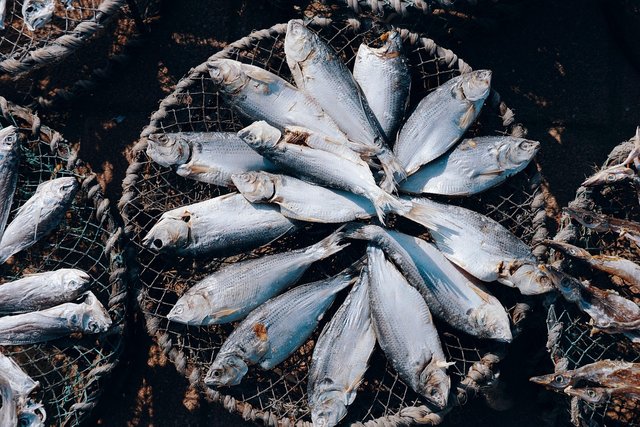
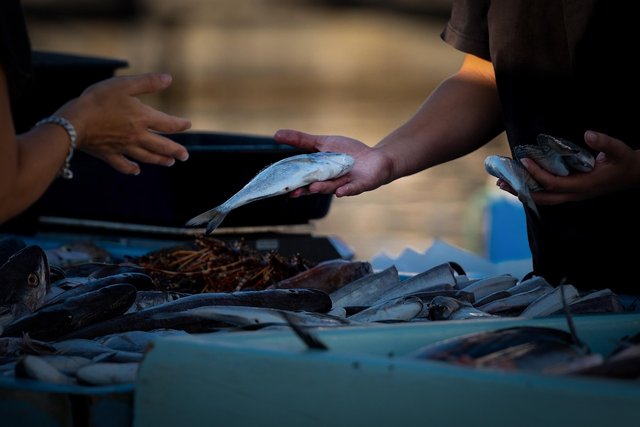
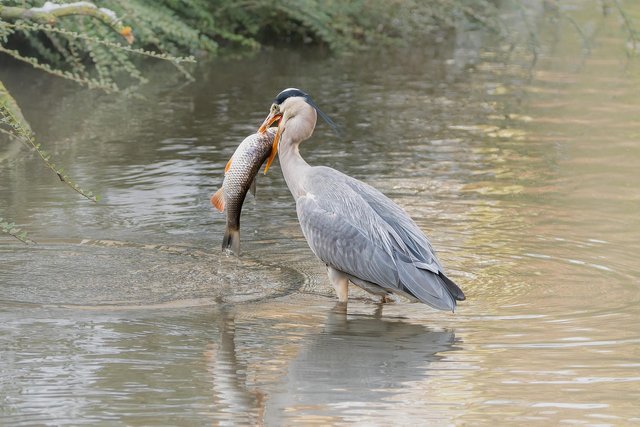
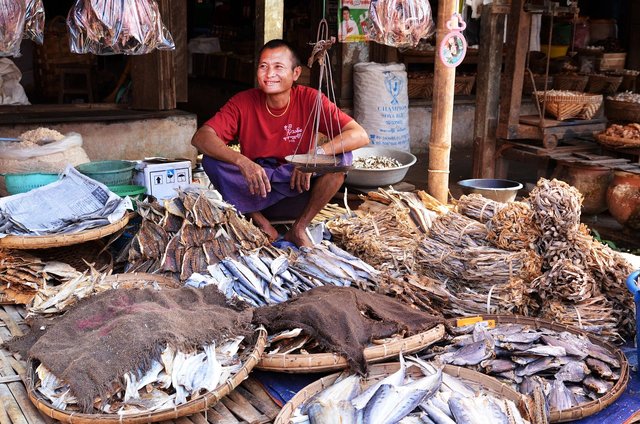
Thank you for sharing on steem! I'm witness fuli, and I've given you a free upvote. If you'd like to support me, please consider voting at https://steemitwallet.com/~witnesses 🌟
You have my vote
My x link
https://x.com/Dj95885David/status/1956844036091986365?t=CwJYkwWNmHbgu0DCFpz7qg&s=19
@tipu curate
Upvoted 👌 (Mana: 1/7) Get profit votes with @tipU :)
One challenging aspect of fish farming that I could address is the treatment of waterborne diseases, which cause significant losses for farmers. Given the high distribution rate of these diseases, how can a farmer determine which fish have ingested the medicine through the water? While aquaculture has its benefits, it demands greater care.